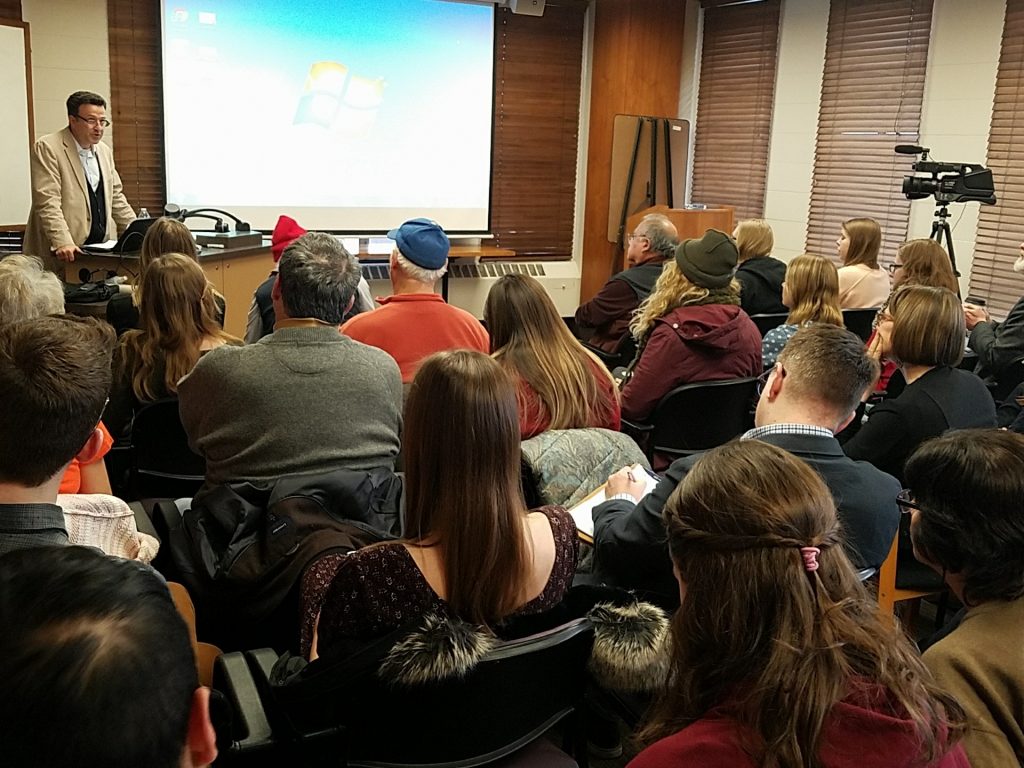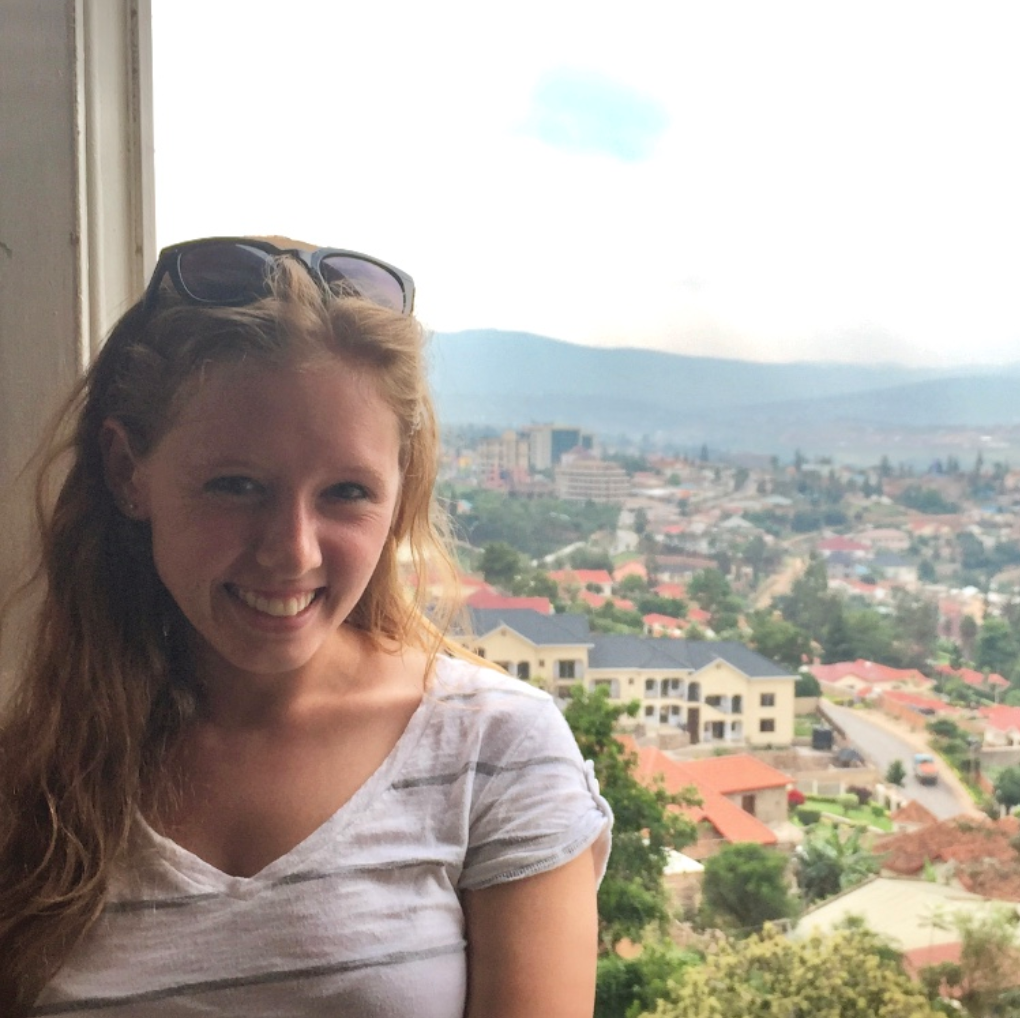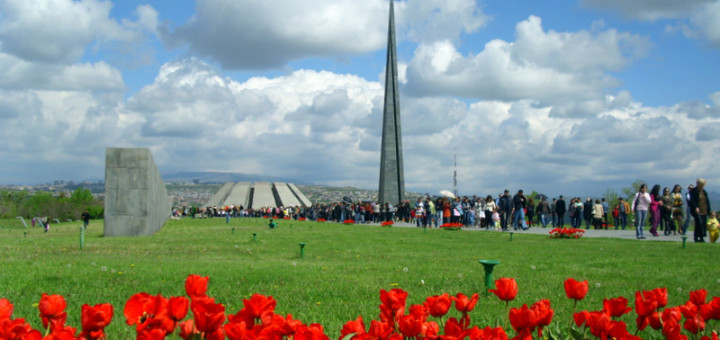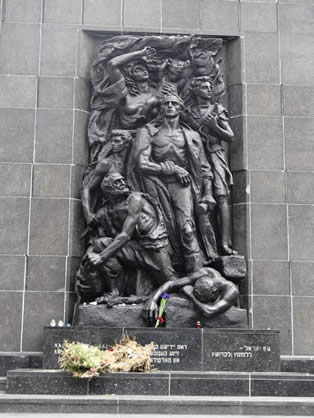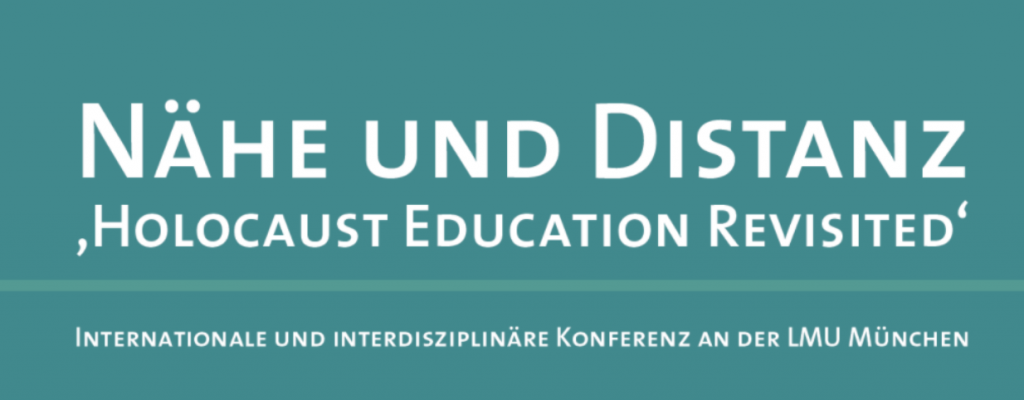On March 24, 85 year old Vel d’Hiv roundup survivor Mireille Knoll was murdered and her body partially burned in her Paris apartment by a Muslim neighbor. Pundits speculate that the neighbor may have been radicalized in jail, although we are still at the very beginning of the investigation. The neighbor knew her since age 7. During the past twenty years her humble apartment remained open to him and to neighbors of all faiths. No one could have anticipated the horrific crime, worthy of Dostoyevsky’s Crime and Punishment–the murder of an old, vulnerable woman, just because it is possible, because after the death of God, man is all powerful. In front of such barbarity, one falls speechless, aware that wording will never do justice to such evil. Language, indeed, and forgive the cliché, is inadequate.
The failure of words comes from the failure of theodicy, a word which in Greek means “divine justice.” Man-made atrocities, past a certain degree, can no longer be thought in terms of hidden providence, in terms of making sense of suffering. While Job was tested by God, it would be indecent to explain the torture of Mireille Knoll as God’s and Satan’s plan. French Jewish philosopher Emmanuel Levinas, in an essay written in the wake of the totalitarianisms of the last century, used the phrase “useless suffering.” He meant that after Auschwitz, Hiroshima, and Cambodia, it is no longer possible to believe that suffering has a purpose, that it is God’s plan, or that, if one does not believe in God, it is a necessary evil that will result in historical progress (think of the millions of victims of Stalinism, in the name of a better humanity and of hastening the end of history.) It is no longer possible to believe that negativity, death, and suffering have a hidden purpose.
more...

